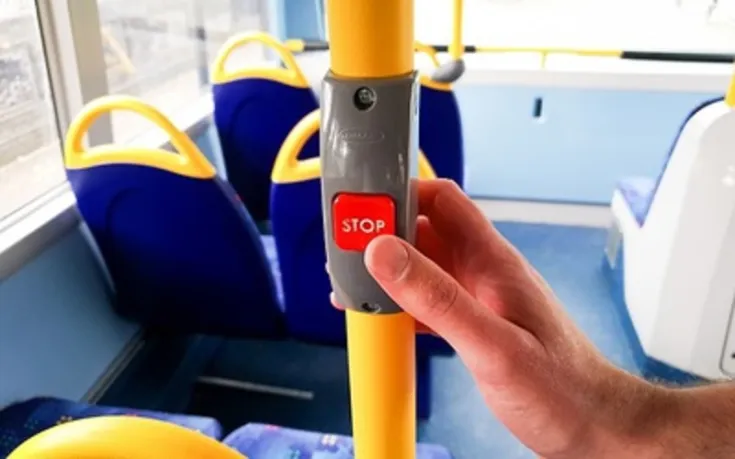You're on a pretty safe bet when spelling in Australian English to follow UK English norms in most cases.
So words that end or contain '-our' in UK English such as 'harbour', 'labour', 'colourful', etc. are spelt the same in Australian English... but not always.
One of the two main political parties in Australia is the Australian Labor Party (compare the spelling to other labour parties in the Commonwealth, such as the New Zealand Labour Party or the Labour Party in the UK). Yet, one of the public holidays in all Australian states is 'Labour Day'.

Sydney is famous for its harbour, and there are plenty of places around Australia that have 'harbour' in their names (such as Coffs Harbour), but go to South Australia and there you'll find the places Victor Harbor and Outer Harbor. But catch the train to Victor Harbor, when you arrive at the station you'll find a sign saying 'Victor Harbour'.
Now if you were to pick up and read through an Australian newspaper from as recent as the 1990s, you wouldn't see write-ups for 'colour televisions' – it was always 'color televisions'. However ad copy, such as in junk mail or posters, would always state 'colour TV'. But at school at the time, if you wrote 'color' the teacher would have taken a red pen out and corrected it with a 'u' between the 'o' and 'r', except if you were in Victoria, where the instruction was for '-or' spellings until the 1970s.


So why the discrepancies?
The main reason why is because spelling in Australia, and throughout the British Empire, only became truly standardised in the 1920s at around the time the Concise Oxford English Dictionary became widely distributed, thereby entrenching throughout the Commonwealth spelling norms that are now commonly attributed to UK English. Prior to that, it was a free-for-all, but old habits die hard. That was the case for spelling style guides dating from before the 1920s for Australian newspapers, which did not change spelling '-or' words for '-our' until a good 70+ years after they had become standard in general Australian English usage. The last newspaper to make the change, due to massive pressure from its readership, was Melbourne's The Age... in 2001!
In Victor Harbor's case, it was simply that the city had been incorporated in the 1910s and the spelling 'harbor' appeared in all of the founding acts (with the spelling based on archaic English and not US English). The local Victor Harbor newspaper and railway station did change their names to reflect the new standardised spelling for 'harbour' in the 1920s, but the newspaper did change back to 'harbor' in 1978.
Confusing? Absolutely!
Still, despite its history and diminished yet continued presence in Australian English, when Aussies see '-or' spellings, they immediately claim that's US English, where this is the standard. Take for instance this 1980 Sydney Morning Herald ad that recently appeared on an Australian nostalgia social media site. Almost immediately, irate Aussies were commenting claiming (erroneously) that this must be a US ad solely based on the spelling of 'color', even though there's a list of retailers with clearly obvious Sydney locations at the bottom.

Or that it is guaranteed for someone to claim that 'Victor Harbor' should be 'Victor Harbour' whenever mentioned in a post on social media, along with obligatory complaints of American English 'infecting' Australian English, that some sites already have a 'no comments' policy or disclaimer to counter this.
So Australian English is not as straightforward as it might seem when seemingly small matters such as spelling can cause major outrage. That's why you need someone to make sure that your text and copy for Australia is just right. I'm here to guide you through this for Australian English, so if you have queries, email me at info@nicknasev.com.






















































.%20A%20day%20of%20campaigning%20%E2%99%80%20%E2%80%A6%20or%20a%20day%20to%20buy%20flowers%20%F0%9F%92%90.jpg)
















































